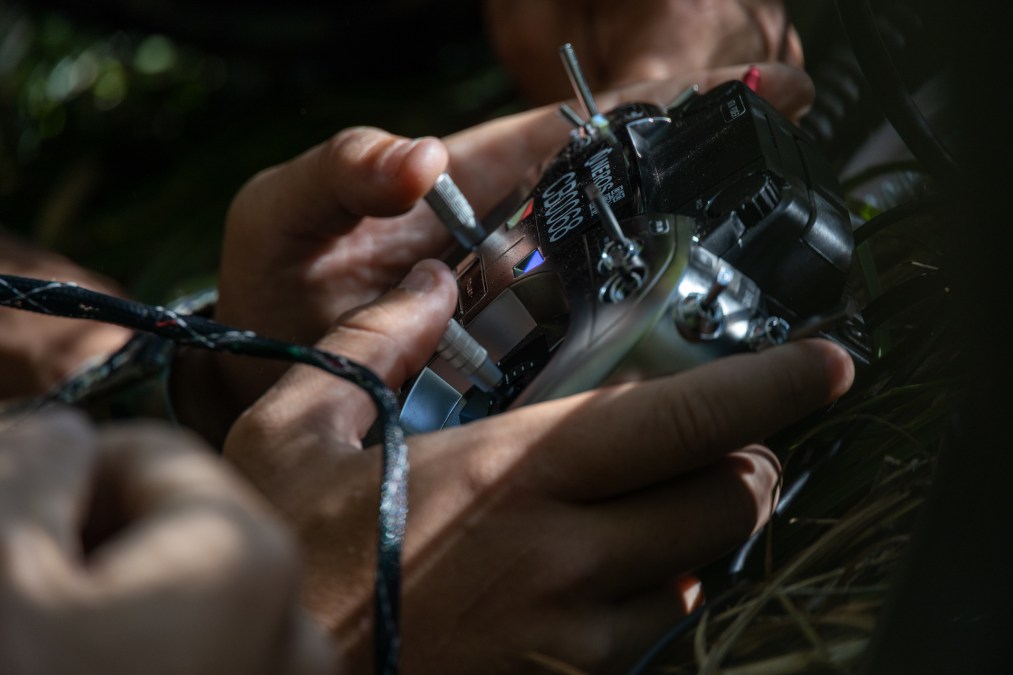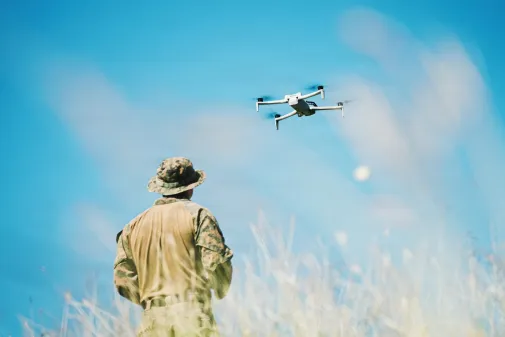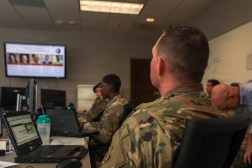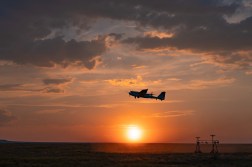SOCOM solicits industry to train commandos to build and fly FPV drones

U.S. Special Operations Command issued a solicitation Wednesday as it looks for a contractor to train its forces to build and fly “first-person-view” drones.
Small unmanned aerial systems such as FPV platforms are playing a major role in the Ukraine-Russia war, among other conflicts, and SOCOM is looking to enhance its prowess in this area.
A performance work statement from Naval Special Warfare Command — which is responsible for preparing and equipping Navy SEALs to accomplish special warfare missions — noted that its UAS operators require initial qualification training in the fabrication and flying of these types of systems.
“The Contractor shall provide the personnel, management, materials, curriculum, and facilities necessary” to offer a 10-day course of instruction for up to six personnel that “encompass all requirements to source, assemble, troubleshoot, network, and operate FPV drones,” officials wrote.
The course is expected to involve 35 hours of “fundamental training” in FPV development, including “theory” of FPV systems; principles of system design and integration; limitations and performance characteristics; parts, circuitry, assembly, troubleshooting and networking; battery handling and storage; safe and efficient operation of aircraft; and advanced flight performance and techniques.
It must also entail five hours of “supervised build instruction” on things like basic soldering and wiring techniques and procedures, Betaflight, Ardupilot, or similar FPV configuration software, and basic repair and maintenance — as well as 40 hours of supervised flight instruction “in varying controlled environments to include both indoors and outdoors flight, as well as flight simulation,” per the performance work statement.
The training will culminate in a capstone exercise to demonstrate the combined skills that trainees have learned.
The base period of performance is expected to begin Jan. 15, 2026, at the contractor’s facility.
Officials plan to award a firm-fixed-price contract for the training services as a Service-Disabled Veteran Owned Small-Business set aside.
Responses to the solicitation are due Dec. 4.






